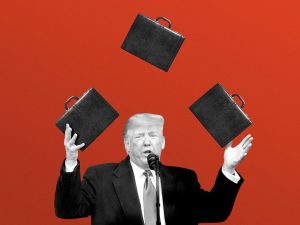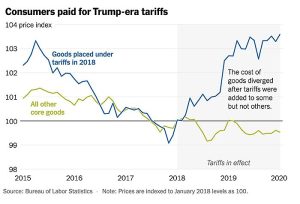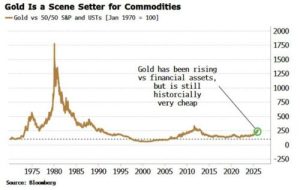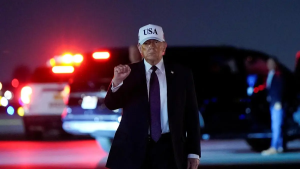U.S. Tariffs on India: A Strategic Move to Undermine Russian Oil Revenue?
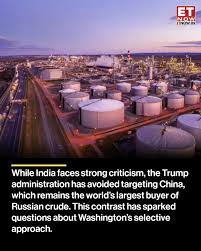
By Francesco Stipo
Thursday, 02 October 2025 03:34 PM EDT
In August, the Trump administration raised U.S. tariffs on India’s goods to 50%. This move comes as India continues to rely heavily on Russian crude oil, purchasing nearly 40% of its supply from Russia since the start of the war in Ukraine. Prior to the conflict, India sourced most of its crude oil from the Middle East, particularly Iraq and Saudi Arabia. However, after Russia began offering discounted prices, imports from Russia surged from 0.2% to almost 40%, making it India’s top oil supplier.
This shift has generated significant revenue for Russia, indirectly funding its military operations in Ukraine. Meanwhile, Indian refineries are capitalizing on high-profit margins by exporting petroleum products to Europe and Africa. President Trump has long sought a peace deal between Russia and Ukraine, but India’s continued trade with Russia is seen as a complicating factor. Critics have accused him of favoring Russian President Vladimir Putin, arguing that direct U.S.-Russia negotiations risk undermining Western sanctions.
The tariffs on Indian goods are framed as a countermeasure to cut off Russia’s primary revenue stream, pressuring Moscow to pursue a fair peace agreement in Ukraine. India now faces a critical decision: either reduce oil imports from Russia and align with the West or risk long-term economic consequences. With its population surpassing China and projected economic growth outpacing the nation, India cannot sustain this trajectory without Western support.
The U.S. remains a major market for Indian exports, which totaled nearly $80 billion in 2024. Additionally, remittances from Indian expatriates contribute significantly to the economy. Restrictions on H1B visas could further strain these channels. Meanwhile, Russia’s oil discounts have declined, making U.S. crude and liquefied natural gas more competitive as an energy alternative for India.
By diversifying its oil sources, India could reduce tariffs, boost bilateral trade, and align with global economic interests. Choosing to distance itself from Russian imports would reportedly serve its long-term prosperity, while continued reliance on Russia could place it at odds with international expectations.
Francesco Stipo is an author and expert in international affairs, president of the Houston Energy Club, and a Fellow of the World Academy of Art and Science. He holds a Ph.D. in International Law from the University of Miami.
